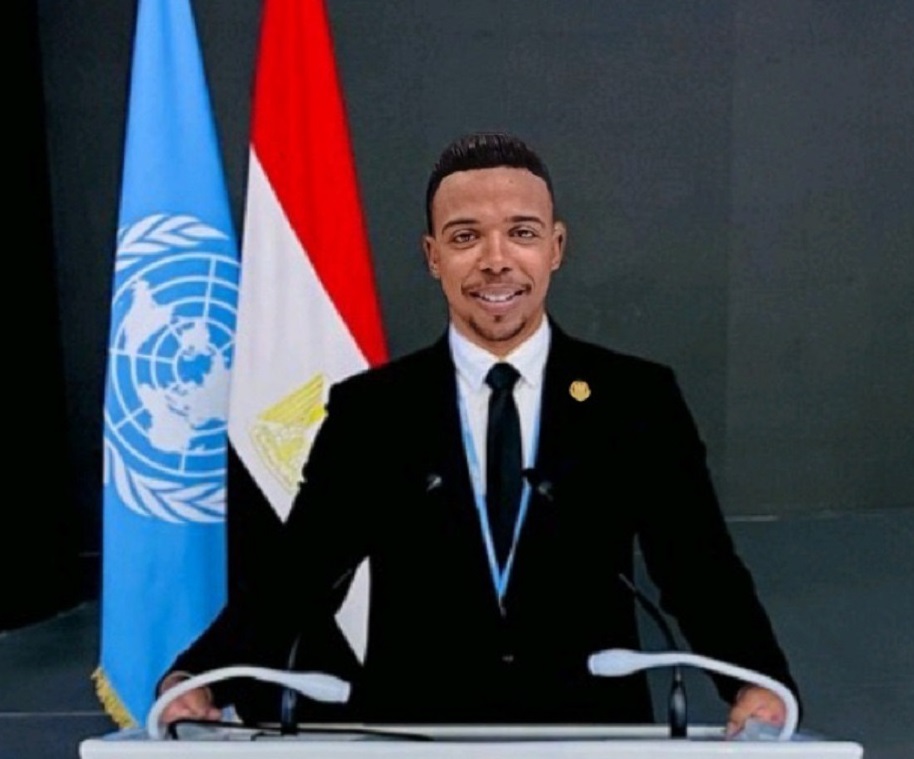World Geostrategic Insights interview with His Excellency Ambassador Islam Hamdy Ashour on the perspectives on Arab-African economic cooperation.

Ambassador Islam Hamdi Ashour is President of the Supreme Council of Ambassadors of the Arab-African Union for Economic Integration and the Representative of the Arab-African Union for Economic Integration to the United Nations.
Q1 – In the past, the Arab states and Africa have never had very close economic and financial ties, despite their geographical, religious, cultural and political proximity. Africa has never been an important market for Arab countries, while only recently have the Arab states begun to gain importance as a market for African exports. However, recent changes in global economic and financial dynamics, and geopolitical turmoil, make it increasingly necessary for the two regions to strengthen their economic and trade collaboration. Africa has enormous potential, but suffers from a serious lack of investment, including in the energy sector. It therefore represents a viable market for Arab states seeking to diversify their exports and investments. In turn, the Arab states offer significant opportunities for diversification of African exports. In your opinion, what are the prospects for developing a strategic Arab-African economic and financial partnership and increasing trade between the two regions?
A1-The prospects for developing a strategic Arab-African economic and financial partnership and increasing trade between the two regions are promising. Both regions stand to benefit from closer collaboration, given their geographical proximity, cultural ties, and complementary economies. Arab states can contribute investment and expertise to help unlock Africa’s vast potential, particularly in sectors like energy where there is a significant need for investment. Conversely, African countries offer new markets for Arab exports and opportunities for diversification. With the right policies, infrastructure development, and mutual cooperation, a stronger economic partnership between Arab states and Africa can be achieved, leading to shared prosperity and development.
Q2 – The Arab and African worlds have enormous potential to build great economic cooperation in the areas of agriculture, industry, infrastructure, technology and trade, thereby also helping African states achieve their sustainable development goals. In what area do you think the prospects for collaborative growth are most favorable? And what are the main obstacles that still stand in the way of developing economic cooperation, promoting investment and increasing the volume of their trade between Arab and African countries?
A2 – The prospects for collaborative growth between Arab and African countries seem most favorable in the areas of infrastructure development and technology exchange. Both regions have significant infrastructure needs, and technological advancements can help leapfrog traditional development barriers. However, several obstacles hinder economic cooperation. These include political instability, security concerns, inadequate transportation networks, bureaucratic red tape, and a lack of awareness about investment opportunities. Additionally, differing regulatory frameworks and trade barriers pose challenges to increasing trade volumes. Overcoming these obstacles requires sustained diplomatic efforts, streamlined regulations, enhanced security measures, and targeted investments in key sectors.
Q3 – You are Ambassador, Chairman of the Supreme Council of Ambassadors of the Arab-African Union, Head of the Permanent Mission of the Arab-African Union to the United Nations. What is the main mission of the Arab-African Union and in what areas do you mainly focus your attention and activities?
A3- As Ambassador and President of the Supreme Council of Ambassadors of the Arab-African Union, my main mission is to strengthen cooperation and partnership between Arab and African countries in various sectors. The Arab-African Union focuses primarily on promoting economic development, trade, cultural exchange and political cooperation among member states. My interest and activity revolve around facilitating dialogue and negotiations to confront common challenges, enhancing investment opportunities, supporting sustainable development initiatives, advocating for peace and security, and enhancing mutual understanding and solidarity between Arab and African countries In addition, I strengthen diplomatic relations and coordinate joint efforts to address regional and global issues of common concern, such as climate change, terrorism and migration.
Ambassador Islam Hamdy Ashour – President of the Supreme Council of Ambassadors of the Arab-African Union for Economic Integration and the Representative of the Arab-African Union for Economic Integration to the United Nations.







